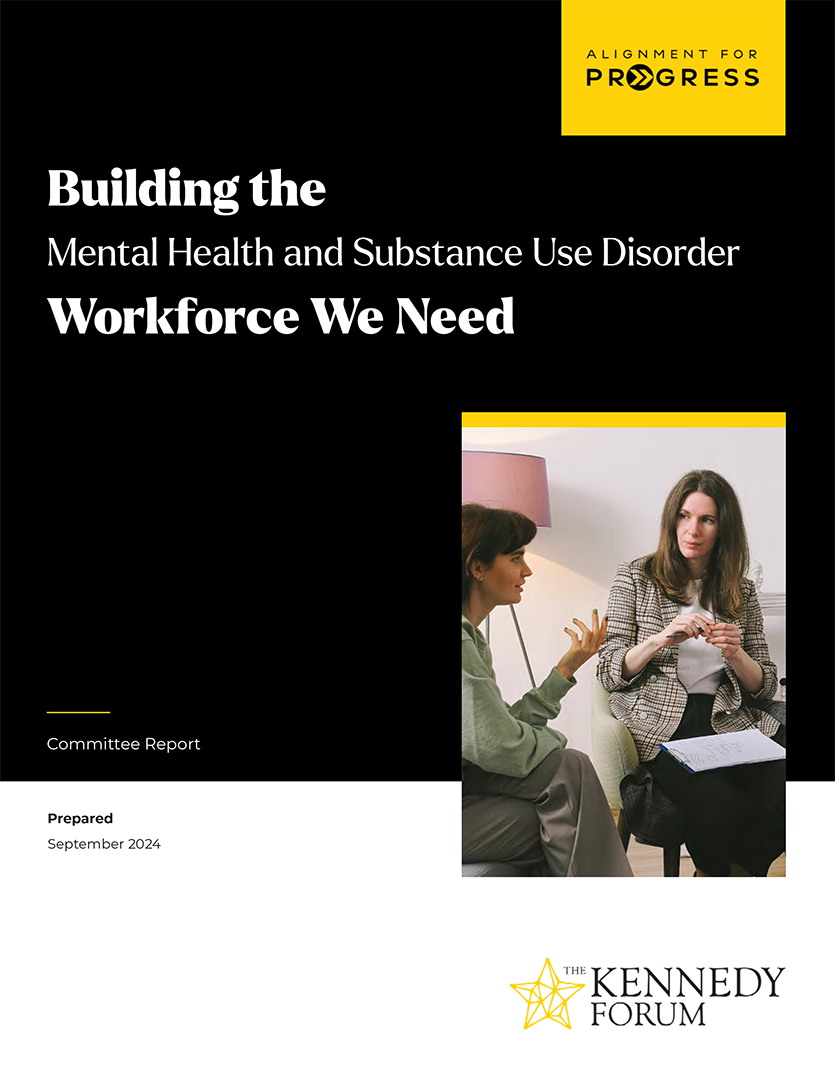Certified Alcohol and Drug Counselor
A certified alcohol and drug counselor (CADC) is a trained and certified professional who specializes in providing support and guidance to individuals struggling with substance use disorders. They play a critical role in the recovery process by supporting individuals in overcoming addiction and maintaining sobriety.
Potential Costs
Education$5,000-$30,000
Experience$0-$5,000
Field Experiential Training$1,000-$5,000
License/Certification$300-$800
Potential Return on
Educational Investment
Range of Total Cost$6,300-$40,800
Salary Range$40,000-$60,000
Timeline
Education6-8 years
Experience6 months – 1 year
Field Experiential Training1-3 years
License/CertificationEvery 1-2 years – ongoing continuing education credits
Career Path
Education
Challenge
Current student loan repayment programs are inadequate for promoting equitable MH/SUD workforce growth.
Solutions
Congress should expand eligible workers.
Expand eligibility for loan repayment programs.
Experience
Challenge
Insufficient reimbursement for MH/SUD services is a barrier to recruiting more MH/SUD staff.
Solutions
Build tools for reimbursement data.
Pass the Medicaid Bump Act.
Increase Medicare payment rates for care integration.
Require GAO report on MH/SUD reimbursement rates.
Field Experiential Training
Challenge
Quality of training varies across states and programs for Certified Alcohol and Drug Counselor which reduces consistency for those benefiting from Certified Alcohol and Drug Counselor.
Solution
Develop model programs.
License/Certification
Challenge
Moving to a new state and hopeful to continue your career as a Certified Alcohol and Drug Counselor.
Solutions
Eliminate out-of-state licensure requirements.
Streamline enrollment of out-of-state providers in Medicaid.
Potential Challenges Along the Path
Certified Alcohol and Drug Counselors (CADCs) encounter various challenges pursuing this career, including a high requirement of hours for education, supervision, and experience (all vary by state). Additionally, CADCs must learn to navigate complex treatment environments while managing high caseloads. They may face emotional strain from working with clients experiencing severe substance use disorders, which can lead to burnout and compassion fatigue. Additionally, staying updated with evolving best practices and regulatory changes in the field can be demanding (continuing education requirements vary by state), impacting their effectiveness and career growth.
Payment and reimbursement
Challenge
Primary care and MH/SUD care are undervalued due to low reimbursement.
Solution
Reform the physician fee schedule.
Data and Technology
Challenge
Providers do not have a data model that includes common rules for data collection and reporting that is updated on a regular basis.
Solution
Create a common MH/SUD data model.
Discover the Challenges and Solutions
The report “Policy Priorities for Advancing the Mental Health and Substance Use Disorder Workforce,” outlines essential policy recommendations focused on four key areas: payment and reimbursement, licensure and standardization, education and training, and data and technology.

This tool is intended as a general example of a Certified Alcohol and Drug Counselor career pathway, highlighting potential challenges and solutions. Please note that the information provided may not reflect the specific requirements, certifications, or licensing necessary in your state or region. Each state has its own regulations and standards for MH/SUD care careers, and it is essential to consult relevant state authorities or professional organizations for accurate and up-to-date information. This tool is not exhaustive and should not be considered a definitive guide. Users are encouraged to seek additional resources and professional advice tailored to their individual circumstances.
